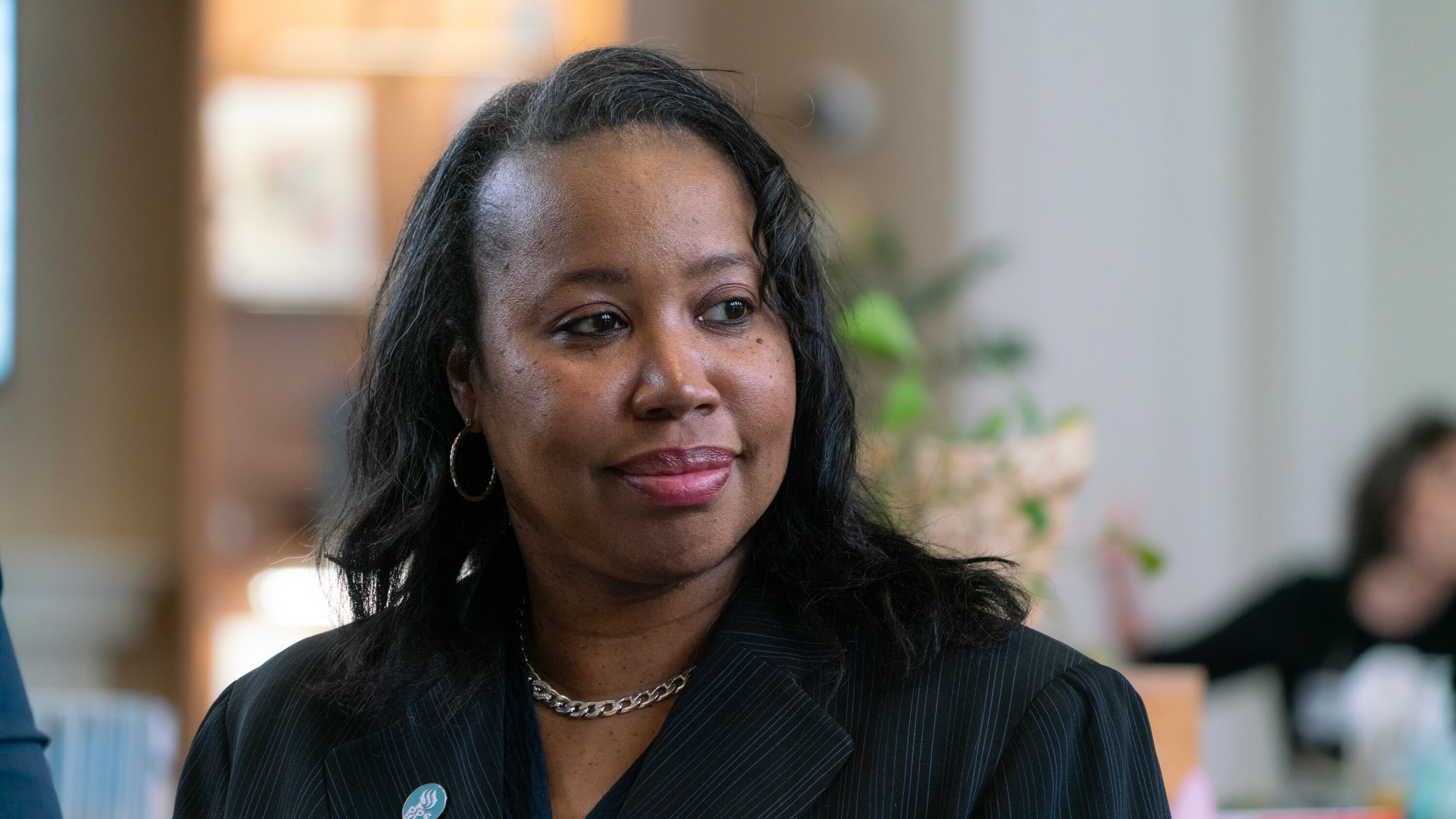Portland Public Schools Superintendent Dr. Kimberlee Armstrong is commencing one of the toughest tests for superintendents nationwide: a discussion of closing elementary and middle schools.
At a Tax Supervising and Conservation Commission hearing on the Portland Public Schools budget Tuesday afternoon, TSCC members raised some questions about whether, given declining enrollment, the district would begin considering school closures. The district faces a $40 million budget deficit for the 2025–26 fiscal year, and a forecasted deficit of about $32 million in the 2026–27 year.
Chief of schools Dr. Jon Franco said school closures could help the district save money and increase program efficiency.
“Some of the cost savings could be reduced operational costs such as utilities, custodial, transportation…deferred maintenance,” Franco said. “When you can increase the number of kids in a school, that leads to more funding and potentially more robust programming.”
But emotionally fraught conversations about school closures have forced some superintendents out of their jobs and sometimes failed entirely. So how PPS goes about the process will be crucial. Armstrong said she’s “pretty confident” the district’s approach can become a model for other schools nationwide.
The district is looking toward districts where school closures have been more palatable, like in San Antonio, and places where they’ve fallen apart, like in San Francisco. What has stood out to Armstrong thus far is how important a robust community process is toward success.
“The way in which we do the work will be a model that can be used across the United States because it will be done well, it will include different voices and the timeline I think will be fair,” Armstrong said. “We’ll use a group of individuals to be a resource to really synthesize and analyze the data that we’re collecting on the decisions we make.”
District officials also outlined the difficulties of the school closure process, which can often have lasting effects. Jeonghyeok Kim, a Ph.D. candidate at the University of Houston, has extensively studied the effects of school closure and tells WW that closures can be “quite disruptive” toward student outcomes. His research found that there also can be long-term negative impacts on higher education attainment and labor market outcomes.
“I’m not actually against closing schools…it’s inevitable, [enrollment] is going down,” Kim says. “But how do we close down schools? We need to think about how we smoothly move students to another school. That has implications.”
Armstrong’s process matches what education experts whom WW has spoken to suggest using. Historically, school closures have had the potential to significantly disrupt underserved communities.
“A common feature of these debates [is] that often the schools that with the first cut of the numbers that might seem most appropriate for closure are located in communities that have faced long historical patterns of disinvestment and discrimination,” says Dr. Thomas Dee, a professor at Stanford University.
Carrie Hahnel, a senior associate partner at Bellwether, an education consulting firm, says when districts base their decisions solely on how full schools are, or other related metrics, it can cause significant tension among communities. More successful processes, she says, take into account feedback from families and weigh the impact on students who have historically been overlooked.
“There’s no good answer,” Hahnel says. “It’s a balancing act [about] how you preserve opportunities for the highest-needs students, and also make sure that you’re keeping trust and commitment in the district more broadly, so that you can maintain it into the future.”

